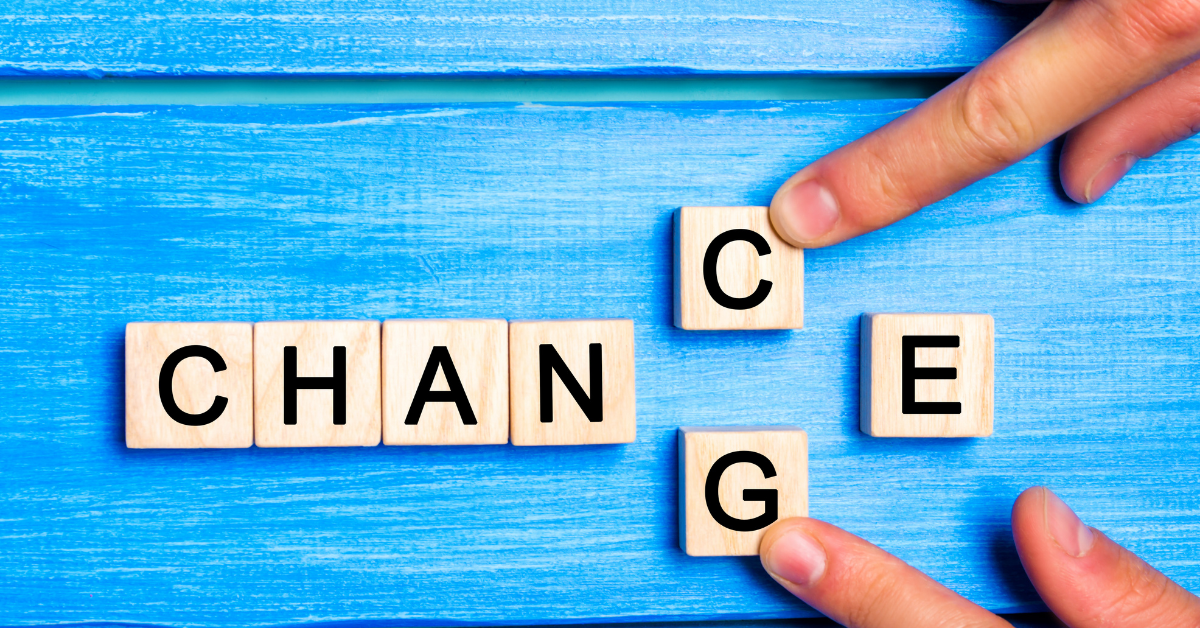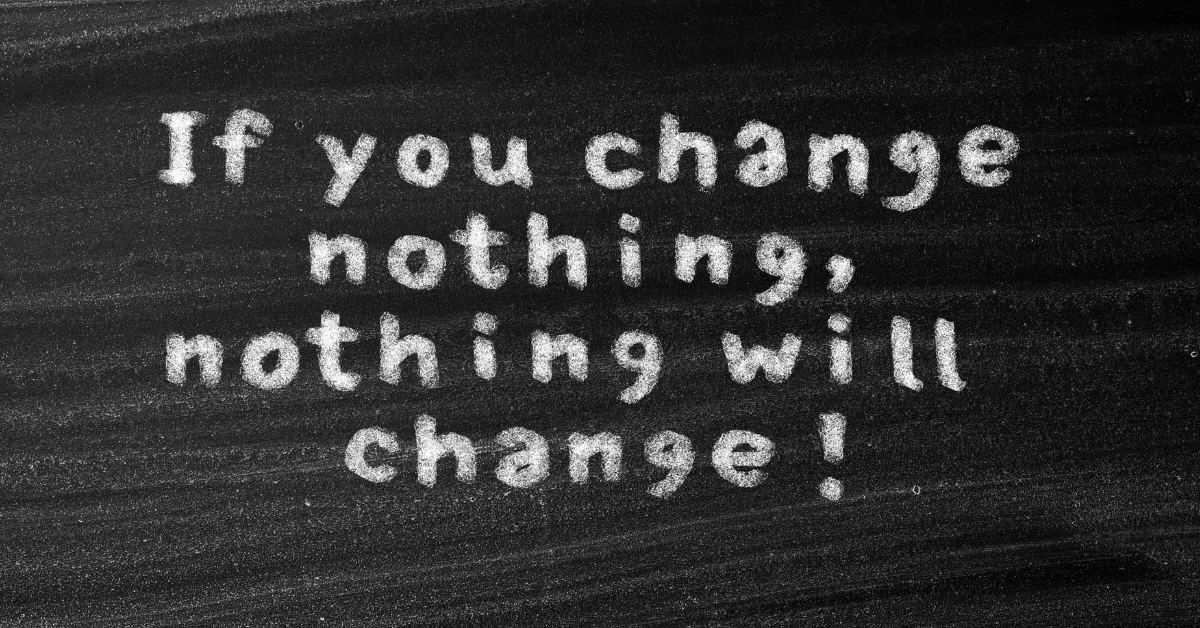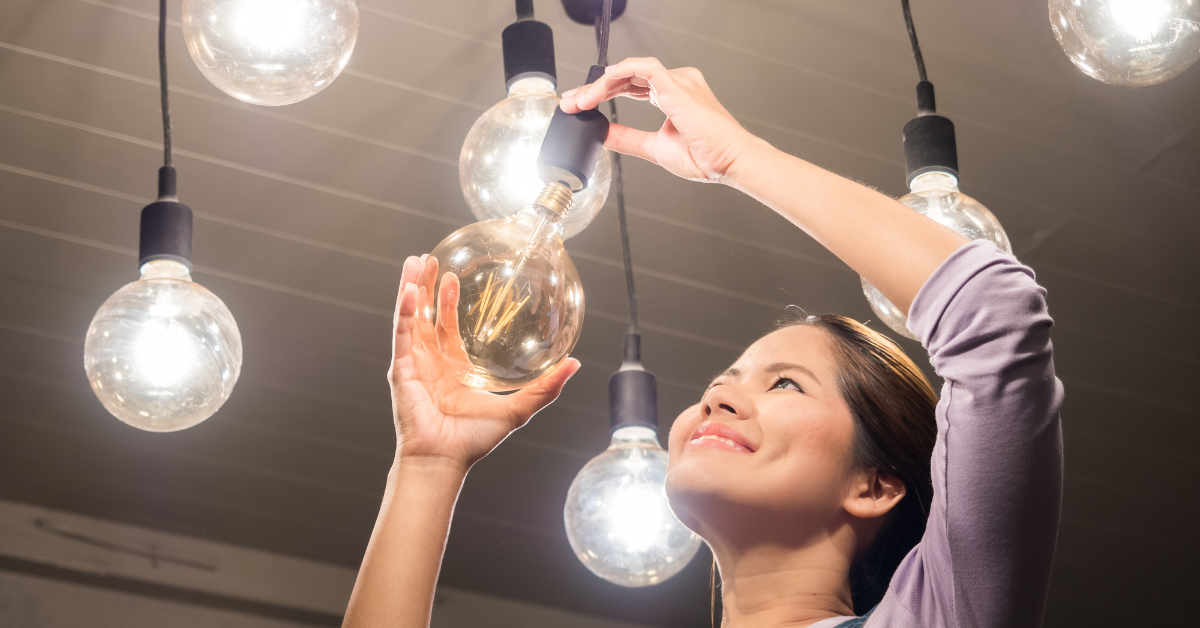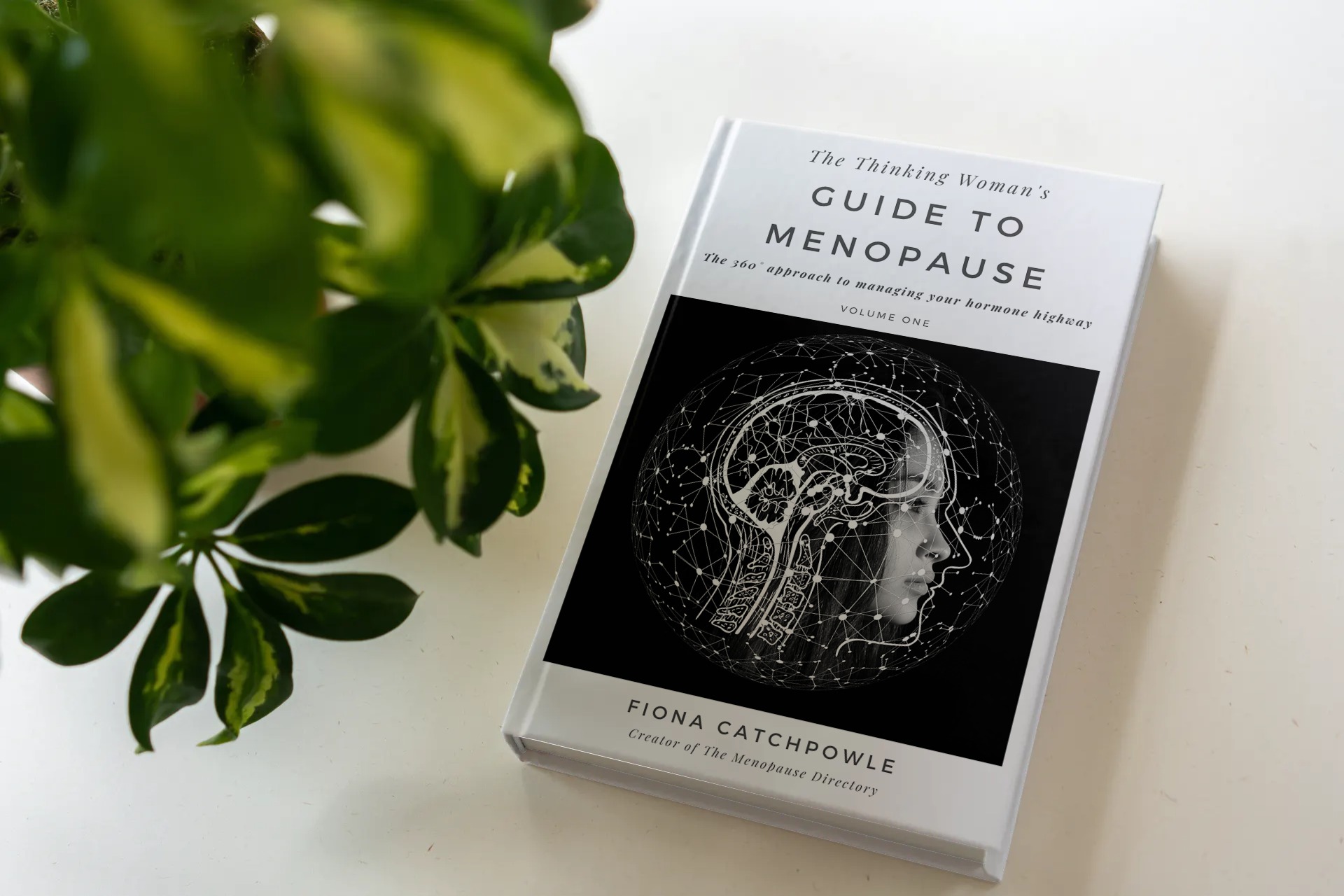MY MENOPAUSE DIARY
The Change

Fiona Catchpowle
3 January 2021
When I first consciously hit the perimeno zone I didn’t like the term The Change when people mentioned menopause. But now, 6 years later, having listened to and read many versions of the same tale I really like it. It says exactly what it is on the tin.
We are changing, and we need to change what we do to navigate the changes.
The changes need to be positive ones. Change nothing, and nothing will change. Whatever you do, don’t leave it to chance. Don’t do what I did. My knee joints creaked and ached but I didn’t know why. I couldn’t pinpoint any particular event or activity that was causing the consistent pains. I simply assumed it was old age, but at 47 even I wasn’t convinced, and then of course there is the nagging thought in the back of your head you have a serious disease. I’m hugely fortunate I did not and it was ultimately only menopause. I massaged my knees every day, used ibuprofen gel , took long soaks in the bath but nothing seemed to help. So my short term solution was to take the lift instead of walking downstairs when they hurt most.

If your body is changing, makes sense to make changes.
Small but simple ones.
What I should have done is kept moving daily. Not necessarily big aerobic heavy-duty sessions, but gentle stretching and strengthening exercises. Joints are filled with fluid that needs to change regularly. Moving the joints is what does that. Meno aches and pains will subside if you move little and often. For years I was of the opinion that only intense exercise, over 20 mins was beneficial. When I was younger yes, that would have been a good system, but a midlife body has different wants and needs. You can’t dig your heals in and keep doing what you used to do to a body that isn’t able to respond to the same old drum beat. Look for a new tune and try it for a while, you may be surprised with the response.
After my initial grumpiness I knew deep down that it was not a sensible option to not move at all. I read up and discovered that strength training is a really good choice during menopause and beyond. I have a tendency to opt for extreme measures and selected aerial fitness as my new go to sport. Thanks to the uber patience of an amazing teacher and patience of a saint, after 6 months I could do some moves that I was impressed with. Aerial fitness is a bit like balancing on a bouncy castle whilst at sea. It’s not easy, but I persevered and strengthened my muscles, lost some fat and gained some extra flexibility. And it’s surprisingly thoughtful. Your brain cells really do have to kick in to remember where you need to put your hands and feet to stay safe.
“Change nothing, and nothing will change.Whatever you do, don’t leave it to chance.”
The entre process healed my body in so many ways. While some symptoms won’t necessarily improve due to exercise, many will. The add-on effect is the stress busting, which is of enormous benefit to smoothing the impact from those fluctuations in hormones. Keeping your stress hormones at manageable levels, helps your body to manage the other changes more effectively.
Since then I have made room for exercise of varying types. Walking is my go to activity as in general it’s free, other than a decent pair of shoes. I was active in the past, but fairly intermittent and didn’t make enough of an effort because I couldn’t see the consequences of not doing it looming in the distance. I’m suggesting that exercise will fix your menopause, and that if you are already very active you won’t have any symptoms as a result. I know many super fit people who had symptoms as a result of too intense exercise moving into midlife. They also had to change what they were doing to fit in with their changing body.

It’s not like changing a light bulb.
Although with some planning it could be
Menopause is not a one size fits all and it’s very difficult to head it off at the pass entirely and say you’re not doing it. Whether you notice it or not it’s still happening in the background. It’s not as simple as changing a light bulb.
However, we now end up back at the consequences of hormonal decline once again. What’s your long term strategy for tiny weeny levels of hormones for 30-40 years? I didn’t have one because I’m Wonder Woman after all.
If you are struggling to make the changes to manage your symptoms during perimenopause, what lifestyle measures are you equipped with for your postmenopause? You really do need to think about this one very hard. You could be fine carrying on as you are, but what’s your family history like health wise? What are you genetically pre-disposed to?
This is when I started to join the dots, between symptoms and consequences. My smug bitch face was beginning to look a tad sheepish.
Part 4 coming soon
Want new articles before they get published?
Subscribe to our Awesome Newsletter.

